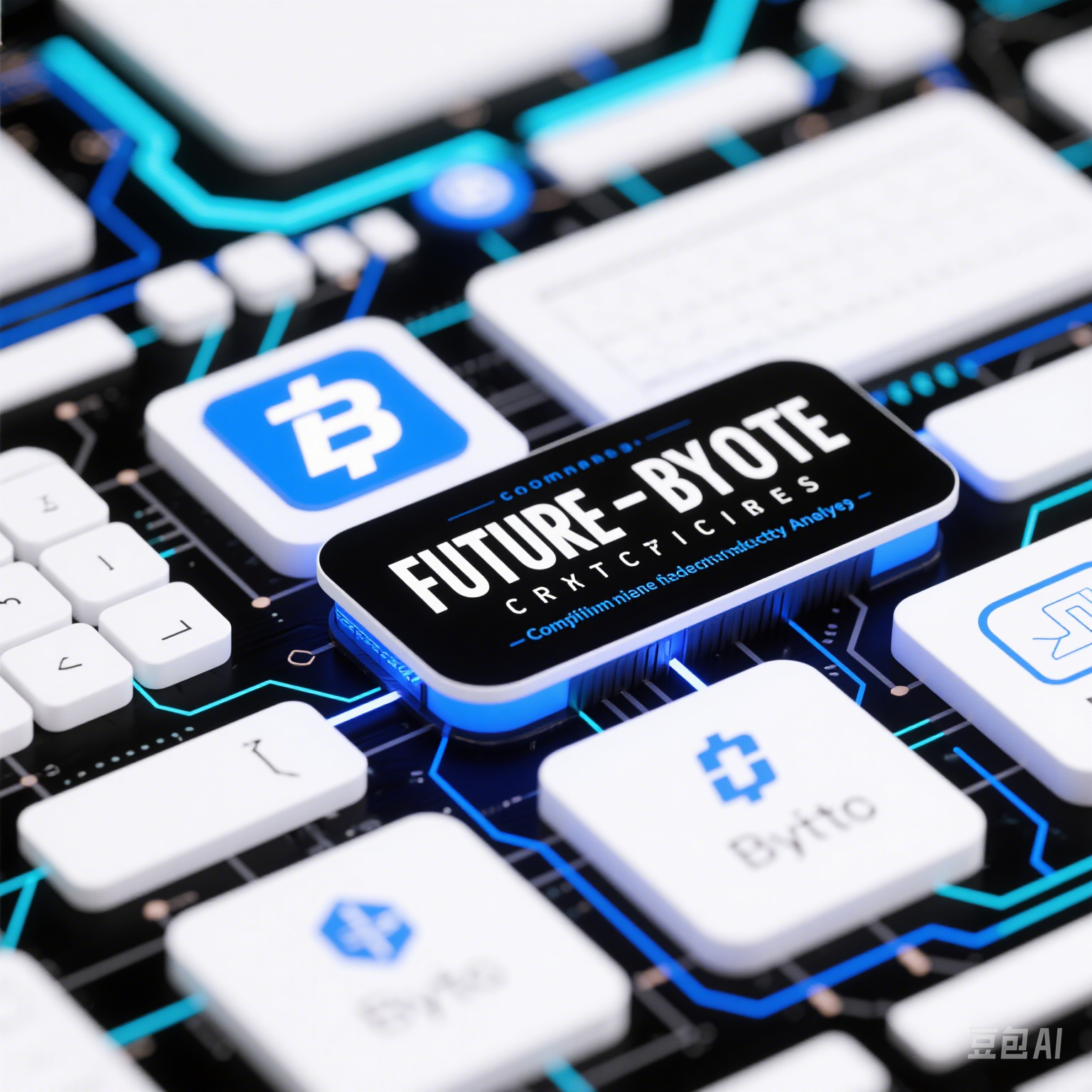The Future Byte Chronicles: A Comprehensive Industry Analysis

The Future Byte Chronicles: A Comprehensive Industry Analysis
I. The Current Technological Landscape
In the contemporary era, technology is evolving at an unprecedented pace, revolutionizing industries across the board. The digital transformation is in full swing, with the widespread adoption of artificial intelligence (AI), the Internet of Things (IoT), and blockchain technologies.
AI has become a game - changer in numerous sectors. In the healthcare industry, AI - powered diagnostic tools are enhancing the accuracy of disease detection. For example, AI algorithms can analyze medical images such as X - rays and MRIs to identify patterns indicative of diseases like cancer and heart conditions at an early stage. This early detection significantly improves patient outcomes and reduces healthcare costs in the long run. In the financial sector, AI is being used for fraud detection, risk assessment, and algorithmic trading. Financial institutions rely on AI - driven models to analyze vast amounts of transaction data in real - time, flagging suspicious activities and optimizing investment strategies.
The IoT has also transformed the way businesses operate. Smart devices and sensors are being integrated into various aspects of daily life and industrial processes. In manufacturing, IoT - enabled equipment allows for real - time monitoring of production lines. Sensors can detect anomalies in machinery, predict maintenance needs, and optimize production efficiency. This not only reduces downtime but also increases product quality. In the retail industry, IoT is being used for inventory management. Smart shelves can track stock levels in real - time, ensuring that products are always in stock and minimizing waste.
Blockchain, with its decentralized and transparent nature, is disrupting industries such as supply chain management and finance. In supply chain, blockchain technology provides a secure and immutable record of every transaction and movement of goods. This transparency helps in tracking the origin and movement of products, reducing the risk of fraud and ensuring product authenticity. In the financial sector, blockchain is enabling faster and more secure cross - border payments, eliminating the need for intermediaries and reducing transaction costs.
II. Challenges in the Technological Space
Despite the remarkable progress, the technology industry faces several challenges. One of the major challenges is data security and privacy. With the increasing amount of data being generated and stored, protecting this data from cyber threats has become a top priority. Cyberattacks, such as data breaches and ransomware attacks, can have severe consequences for businesses and individuals. For example, a data breach in a healthcare provider can expose sensitive patient information, leading to privacy violations and potential legal issues. In response, companies are investing heavily in cybersecurity measures, such as encryption, multi - factor authentication, and advanced threat detection systems.
Another challenge is the digital divide. While technology is advancing rapidly in developed regions, many developing countries are struggling to keep up. Lack of infrastructure, such as high - speed internet and access to technology devices, limits the adoption of new technologies in these regions. This digital divide exacerbates existing economic and social inequalities, as those without access to technology are left behind in the digital economy. Bridging this gap requires collaborative efforts from governments, private sector companies, and international organizations to invest in infrastructure development and provide digital literacy training.
III. Opportunities for Growth and Innovation
Amidst the challenges, there are numerous opportunities for growth and innovation in the technology industry. The development of 5G technology presents a significant opportunity. 5G offers faster speeds, lower latency, and higher capacity, enabling new applications such as autonomous vehicles, smart cities, and immersive virtual reality experiences. In the automotive industry, 5G will play a crucial role in the development of self - driving cars. It will allow for real - time communication between vehicles, traffic infrastructure, and cloud - based services, enhancing the safety and efficiency of autonomous driving.
The rise of artificial intelligence also creates opportunities for innovation in various fields. For instance, in the field of education, AI - powered personalized learning platforms can adapt to each student's learning style and pace. These platforms can provide customized learning materials, offer instant feedback, and track student progress, improving the effectiveness of education. In the entertainment industry, AI is being used for content creation, such as generating music and writing scripts. This opens up new creative possibilities and allows for the creation of more engaging and immersive entertainment experiences.
In conclusion, the technology industry is a dynamic and ever - evolving landscape. By understanding the current trends, addressing the challenges, and capitalizing on the opportunities, businesses and individuals can position themselves for success in the digital age. The Future Byte Chronicles will continue to document these developments, providing valuable insights into the industry's journey.
THE END